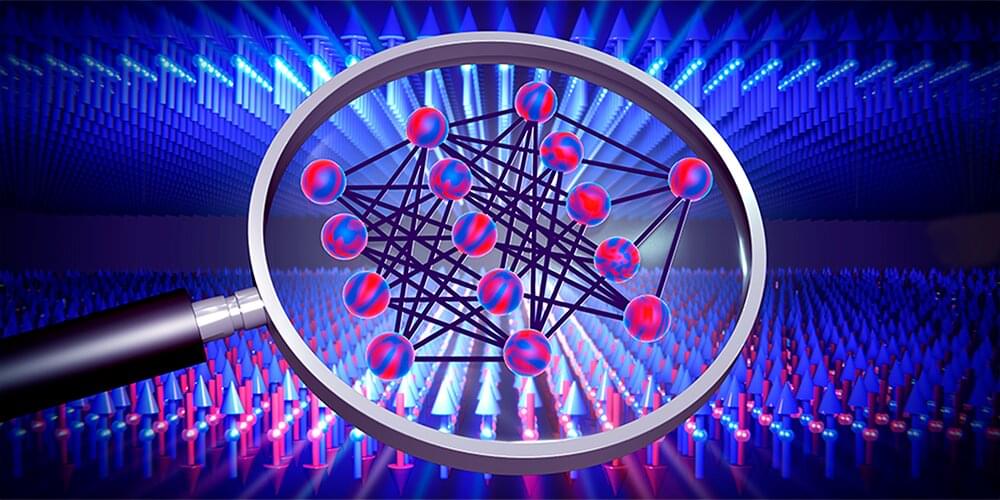Neural networks are learning algorithms that approximate the solution to a task by training with available data. However, it is usually unclear how exactly they accomplish this. Two young Basel physicists have now derived mathematical expressions that allow one to calculate the optimal solution without training a network. Their results not only give insight into how those learning algorithms work, but could also help to detect unknown phase transitions in physical systems in the future.
Neural networks are based on the principle of operation of the brain. Such computer algorithms learn to solve problems through repeated training and can, for example, distinguish objects or process spoken language.
For several years now, physicists have been trying to use neural networks to detect phase transitions as well. Phase transitions are familiar to us from everyday experience, for instance when water freezes to ice, but they also occur in more complex form between different phases of magnetic materials or quantum systems, where they are often difficult to detect.
